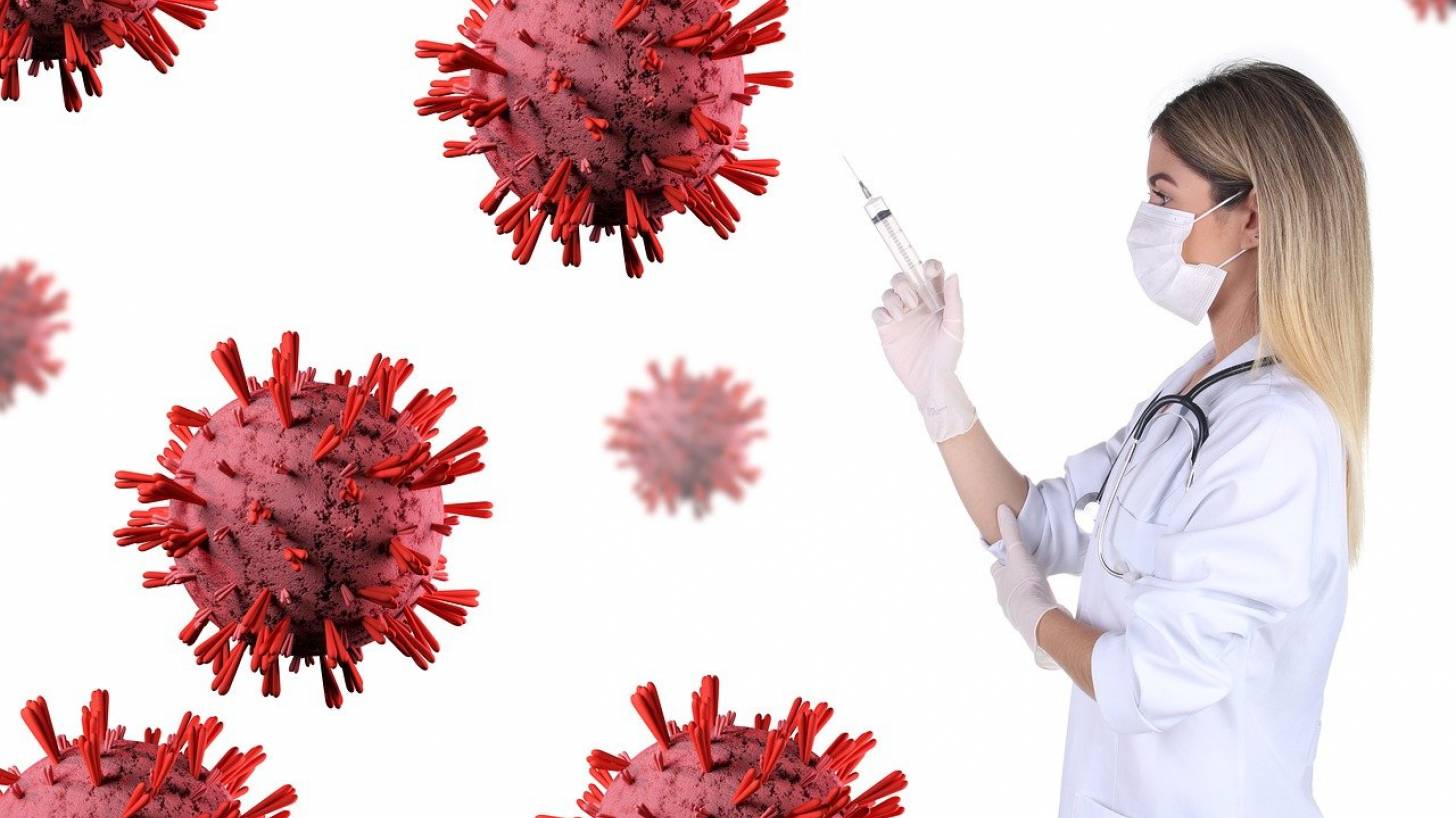$57 Million Project To Test Next-Gen Inhaled and Nasal Coronavirus Vaccines

An international team of researchers specializing in human challenge studies has initiated a $57 million project to develop advanced vaccines that can block coronaviruses and prevent infections.
The consortium, consisting of more than a dozen scientific teams and organizations, is led by Imperial College London and co-funded by the European Union's Horizon Europe Programme and CEPI, the Coalition for Epidemic Preparedness Innovations.
Imperial College London will lead the five-year Mucosal Immunity in Human Coronavirus Challenge (MusiCC) project. Its specialist researchers have years of experience using human challenge studies to deepen scientific understanding of infectious diseases.
The trials will use harmonized standard operating procedures and involve a small group of young, healthy volunteers at several sites in the UK, Europe, the United States, and Singapore.
In the challenge trial, volunteers will first receive either an investigational vaccine designed to provide mucosal coronavirus immunity or a placebo before being intentionally exposed to a calibrated dose of the SARS-CoV-2 coronavirus.
A seasonal coronavirus model called OC43 is also being developed for similar use.
Their first step is to conduct clinical trials to select particular viruses and determine the best way to induce infection in healthy volunteers safely. A human challenge study is a carefully managed medical research study during which volunteers are intentionally given an infection with healthcare support.
Researchers at multiple clinical research facilities will then use a selected virus to try to infect healthy volunteers who have received an experimental vaccine.
Unlike traditional vaccines, which are injected into a muscle, these experimental vaccines are inhaled into the lungs or sprayed in the nose and designed to induce a type of protection known as mucosal immunity—which scientists believe could be the key to stopping the onward transmission of coronaviruses.
"Vaccines that can stop transmission of a virus, rather than only reducing the severity of the disease it causes, are crucial to being able to end pandemics and epidemics swiftly," said Dr Richard Hatchett, CEPI's Chief Executive Officer, in a press release on March 11, 2024.
Human challenge studies are unique in their ability to investigate and understand the onset and development of disease in a safe and highly controlled environment.
They enable scientists to observe and analyze complex interactions between viruses and the human immune system and to identify ways to disrupt and block viral infections.
The launch of the MusiCC project follows the Call for Proposals issued by CEPI and co-funded by the European Union to support international research conducting human challenge-based vaccine trials that seek to improve scientific understanding of mucosal immunity against Betacoronaviruses.
Imperial is working with CW+, the official charity of Chelsea and Westminster Hospital NHS Foundation Trust, to develop infrastructure support for human challenge studies. The aim is to create a London hub for future human challenge studies.
Our Trust Standards: Medical Advisory Committee






